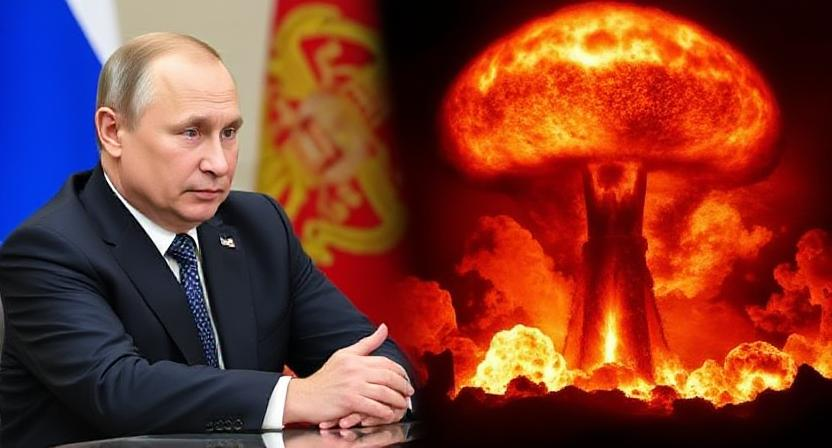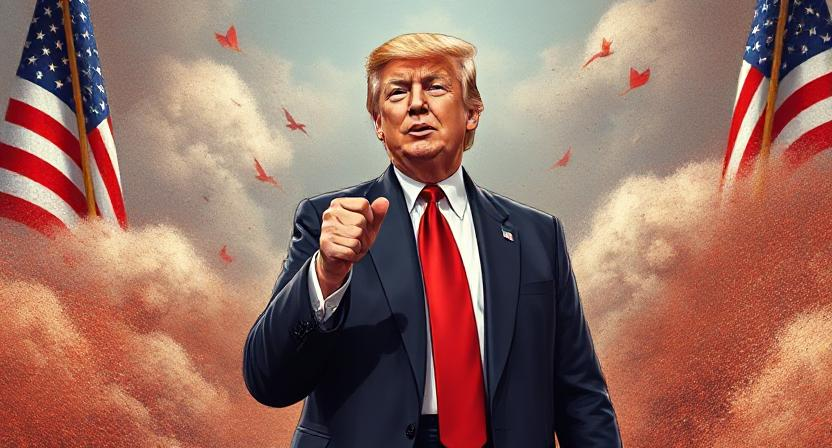
Donald Trump Revives Interest in Buying Greenland: A Geopolitical Power Play

President Donald Trump, now in his second term, has once again expressed interest in the United States acquiring Greenland, the vast Arctic territory under Danish sovereignty. This move echoes his first attempt in 2019, which was met with sharp criticism and outright rejection from Denmark. However, Trump’s renewed push for Greenland raises significant questions about U.S. geopolitical ambitions and Arctic strategy.
Why Greenland?
Greenland, the world’s largest island, is strategically located between North America and Europe, offering critical military and economic advantages. The territory is rich in natural resources, including rare earth minerals, oil, and natural gas—resources that could be pivotal in reducing Western reliance on Chinese supplies. Furthermore, the U.S. military already maintains a presence at Thule Air Base, a key location for missile defense and Arctic operations.
Trump has repeatedly highlighted Greenland’s strategic importance in countering Russian and Chinese influence in the Arctic. Both nations have ramped up their Arctic operations, with China labeling itself a “near-Arctic state” and Russia increasing its military presence in the region. Trump’s push to bring Greenland into the U.S. sphere could be a preemptive strategy to solidify American dominance in the Arctic.
Denmark's Response
Denmark, which oversees Greenland’s foreign and defense policies, dismissed Trump’s proposal in 2019 as “absurd.” Greenland’s government also firmly rejected the idea, asserting its commitment to self-governance and its relationship with Denmark. Since then, Greenland has increased its diplomatic engagements, strengthening ties with both the U.S. and the European Union to ensure its sovereignty remains intact.
With Trump’s renewed interest, Danish officials have once again dismissed the notion, emphasizing that Greenland is not for sale. Danish Prime Minister Mette Frederiksen reiterated that while the U.S. remains a key ally, Greenland's future will be decided by its people, not external powers.
Potential U.S. Strategy
While a direct purchase of Greenland is unlikely, Trump may explore alternative strategies to deepen U.S. influence in the territory. Potential moves could include increased economic investments, infrastructure projects, and military expansion in Greenland. Strengthening trade agreements and security cooperation could also be a way for the U.S. to exert influence without outright ownership.
Implications for International Relations
Trump’s renewed pursuit of Greenland could strain U.S.-Denmark relations and complicate America’s standing with the European Union. Additionally, it could further escalate tensions with China and Russia, both of which have economic and military interests in the Arctic. If the U.S. aggressively pursues influence in Greenland, it may provoke countermeasures from competing global powers.
Conclusion
Trump’s revived ambition to acquire Greenland underscores his administration’s strategic focus on securing U.S. dominance in the Arctic. While the prospect of purchasing Greenland remains improbable, the geopolitical ramifications of this interest are profound. As the Arctic becomes a focal point of global power struggles, Greenland’s role in international politics will only grow in significance. Whether through investment, security cooperation, or diplomatic efforts, the U.S. is likely to continue expanding its influence over Greenland in the years to come.

